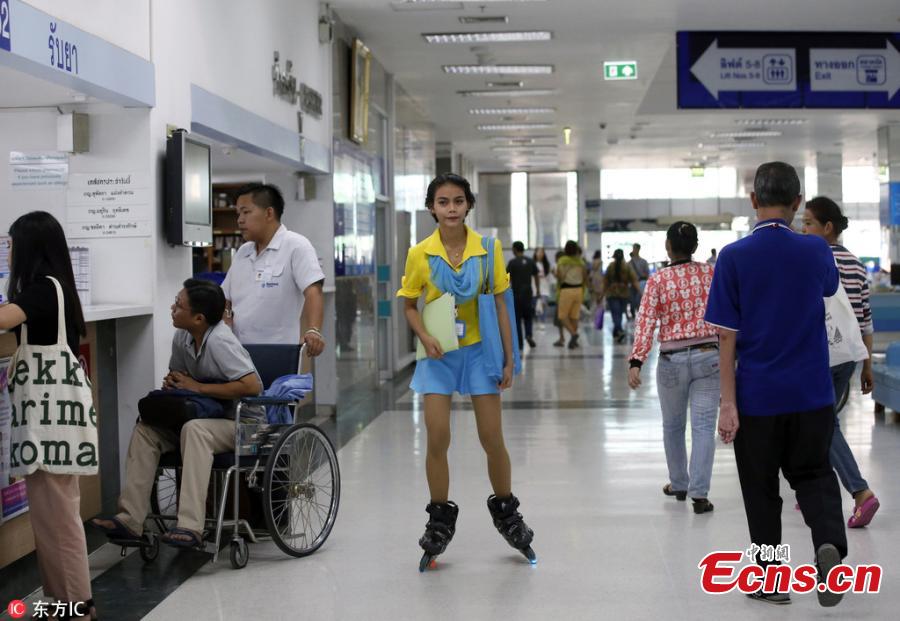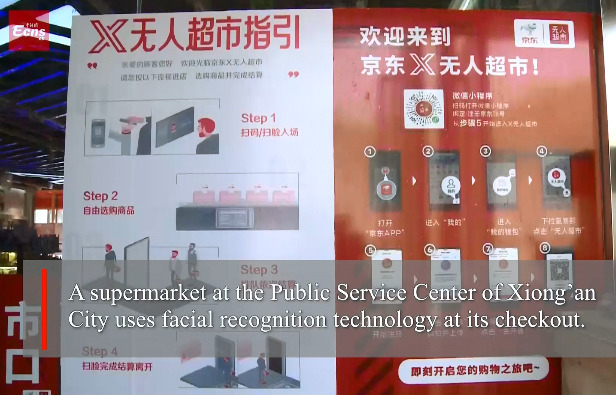Wang Xiehong, a 24-year-old who studied in Lanzhou, the capital city of Gansu, and worked in Beijing for three years, returned to his hometown, a neighboring village of Pingjiacun, just a few months ago to launch an e-commerce platform. "The local government encourages us to come back, and e-commerce can help more villagers in selling their products," he told the Global Times.
"Sometimes, I miss those days in Beijing, but I think I'm on the right track now," he said.
As of the end of September, there were in total 95,854 people working in the e-commerce sector in Longnan, operating 12,693 stores on Taobao and 7,853 on social networks, Guo Jianbo, vice mayor of Longnan, was quoted as saying in a document sent to the Global Times.
The overall online sales volume of these businesses reached 2.8 billion yuan in 2017, helping to lift the region out of poverty in many ways, Guo noted.
Furthermore, the total revenues of agricultural products from the area sold online has amounted to 7.5 billion yuan over the past three years, and e-commerce has helped increase the incomes of local residents living below the national poverty line by 620 yuan on average, according to the local government.
Industry gets a boost
About an hour's drive from Pingjiacun village in Gansu's Kang county, roads stretch between mountains and hundreds and thousands of apple trees bear fruit. "Now, it's the harvest season," said Luo Wuer, an owner of an apple park in Li county, northern Longnan.
"When we're busy, we hire more than 100 workers, some of them are living below the poverty line, we would pay them 100 to 140 yuan per day," he told the Global Times.
Li county has become well-known for its apple production in recent years, particularly when its e-commerce and online marketing started to thrive.
After spending five years in the military, Kang Weiqi, a 27-year-old man from Li county, came back to his hometown to run a rural delivery service. "The local government persuaded me to launch an online store to sell apples, and I started to take some training programs in 2014," he told the Global Times.
He said he experienced setback at the beginning as he only sold one package in the first month due to his lack of experience. However, "we then used social media to promote our products and local officials helped us build a team… online shopping has indeed reshaped the apple industry here," Kang noted.
"In the past, villagers had to wait for merchants from other provinces that would come to Li county and procure apples, and fruit prices were relatively low. Now, they can take charge of their own products and the prices online are higher and much more stable," he added.
Lifting locals out of poverty
During the National Day and Mid-Autumn Festival holidays in early October, Alibaba's Tmall marketplace launched an apple promotion for Li county entrepreneurs. As a result, the total volume reached 1,438 tons during the holidays, with revenues reaching 18.7 million yuan, according to the local commerce bureau.
In 2016, 16.5 percent of the Longnan population was living below the poverty line, a decrease from 53 percent at the end of 2011. And by the end of 2016, the total population in Longnan living below the poverty line had declined to 410,000.
As this year's nationwide online shopping festival, which starts next month, looms, villagers are busy harvesting and packing fruits. "Almost every family has now established an online apple business," Kang said.
"Before, we procured apples from some poor families in local villages, now, they know how to market them on their own."
In 2016, the total apple output in the county reached 294,000 tons, worth 998 million yuan.
However, increasing delivery packages from Li still weighs on local logistics services. "Logistics infrastructure here has not developed at the same pace as e-commerce," the young entrepreneur added, leaving room for improvement.


















































